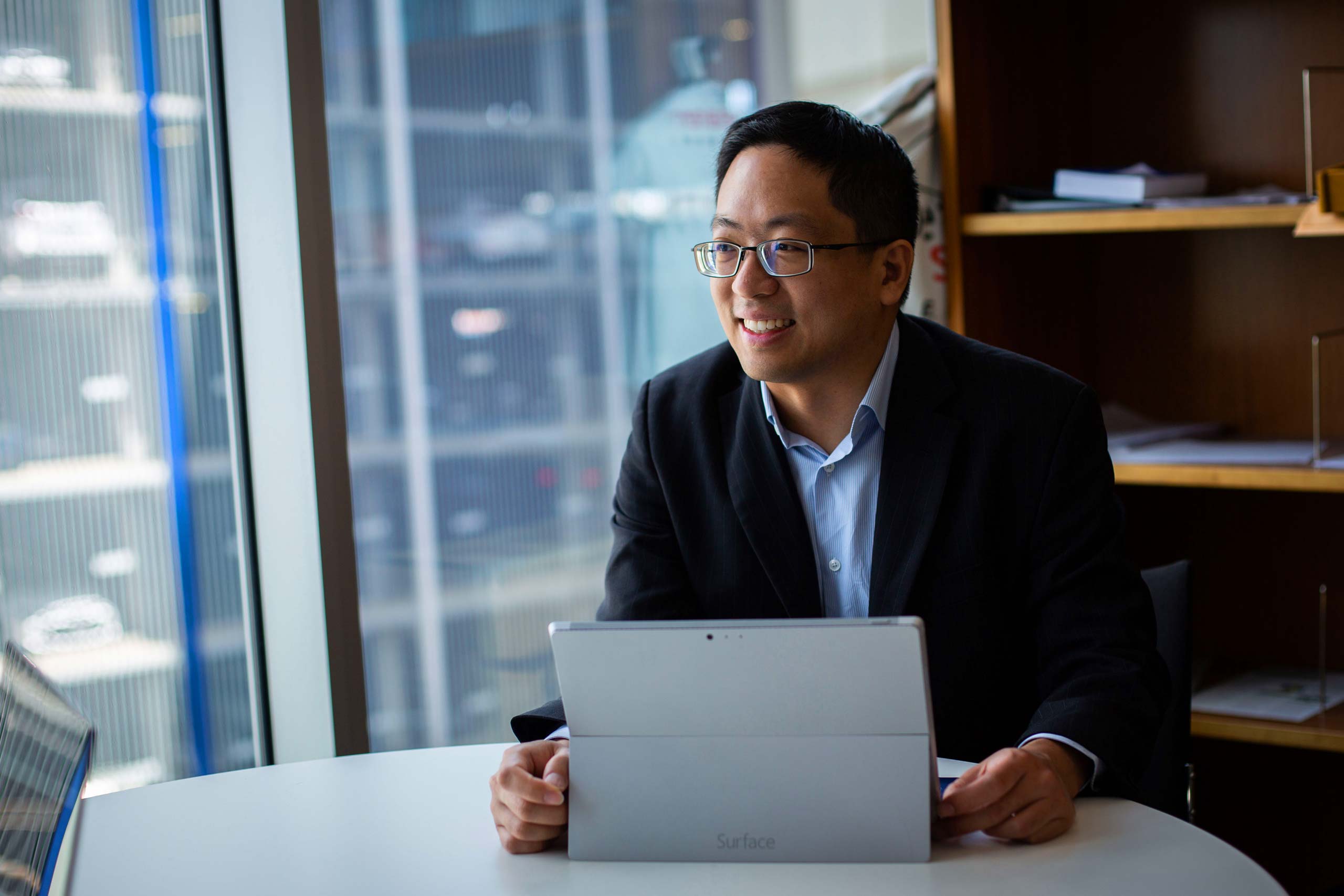What is a patent attorney?
Australian patent attorneys provide representation, advice and professional services relating to intellectual property (IP) matters and are qualified and trained in the law and practice relating to patents and registered designs. However, they are not lawyers (solicitors), unless they also have separate legal qualifications. They will, however, have at least a Masters in Intellectual/Industrial Property or other accredited qualification, as well as a university degree in a relevant field of technology. A number of Madderns’ patent attorneys hold PhD qualifications in their chosen field of technology.
Australian patent attorneys also have an understanding of the law relating to other forms of intellectual property such as trade marks, copyright, trade practices, circuit layouts and plant breeders’ rights. They will also typically have a detailed working knowledge of the patent and design laws and practices of a number of Australia’s major trading partner countries/regions.
Australian patent attorneys are registered to practise under Commonwealth law and as a result of the Trans-Tasman patent attorney regime they are entitled to practise in New Zealand as well. As a profession, patent attorneys are solely entitled to prepare, or supervise the preparation of, a patent specification in Australia or New Zealand for monetary gain. Communications between an Australian patent attorney and their clients are privileged to the same extent as communications between solicitors and their clients.
The Trans-Tasman IP Attorneys Board oversees the delivery of accredited courses by third parties such as universities and maintains the registers of patent and trade marks attorneys in Australia and New Zealand. The Board also publishes a Code of Conduct to which Australian and New Zealand patent and trade marks attorneys must adhere to as well as administering the disciplinary regime for the professions. In addition, the Board governs the requirements for patent and trade marks attorneys to develop and maintain their knowledge and skills (“continuing professional education” (CPE)).

